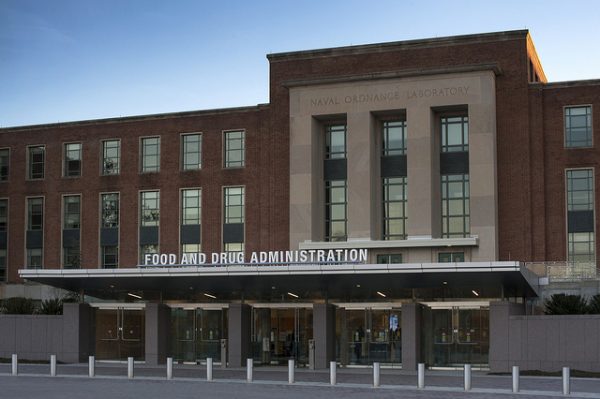
A drug is under Food and Drug Administration review for acute myeloid leukemia, but a committee of experts is calling some aspects of the data used into question.
Tokyo-based Daiichi Sankyo’s drug, quizartinib, will be the subject of an FDA Oncologic Drugs Advisory Committee meeting Tuesday. The FDA convenes advisory committees, or AdComs – comprising outside experts such as academic researchers and patient advocates – when it needs additional expertise before deciding whether to approve a drug. The agency is not bound by AdCom votes, but usually follows them. Quizartinib is a FLT3 inhibitor under FDA review for AML in patients whose disease expresses mutations of the gene, having received priority review from the agency in November 2018.

With the Rise of AI, What IP Disputes in Healthcare Are Likely to Emerge?
Munck Wilson Mandala Partner Greg Howison shared his perspective on some of the legal ramifications around AI, IP, connected devices and the data they generate, in response to emailed questions.
The ODAC’s questions focus on data from the Phase III QuANTUM-R trial, comparing quizartinib against salvage chemotherapy in FLT3-mutated patients. In particular, the briefing document questioned the credibility of the survival analysis of the study, based on what it presented as disparities between the arm of patients receiving the drug and the control arm.
First, according to the briefing document, there was a large difference between patients in the study arm and the control arm in terms of patients being randomized but not treated and having their data for the primary endpoint of overall survival censored – while four patients in the quizartinib arm were not treated, and one had their data censored, the same was true of respectively 28 and nine patients in the group receiving chemotherapy. Meanwhile, there was a significant difference in terms of therapies patients received after they completed the study, with 23 percent of quizartinib patients receiving allogeneic stem cell transplant, compared with 0 percent of those in the control arm. Another difference, in a subgroup analysis of patients in the control arm receiving high- versus low-intensity chemotherapy, suggested it was those in the low-intensity chemotherapy group who were driving the results.
Daiichi Sankyo spokeswoman Jennifer Brennan wrote in an email that the company will not discuss items in the briefing document at length, but added that it is diligently preparing to address the questions and issues raised.
Another potential issue raised in the briefing document was cardiac events, with a 1-2 percent risk of on-treatment deaths observed. If the drug were approved, according to the document, strategies for mitigating the risk could include a boxed warning, recommendation against using it with drugs that cause arrhythmias or a Risk Evaluation and Mitigation Strategy.
Currently, two FLT3 inhibitors are approved for AML: Novartis’ Rydapt (midostaurin), for first-line disease in combination with chemotherapy; and Astellas’ Xospata (gilteritinib), for relapsed or refractory AML, as a single agent. The QuANTUM-R study of quizartinib is among patients in first relapse or refractory after prior therapy, meaning it would be a potential competitor to Xospata. The FDA approved Xospata in November 2018.
Photo: Source: FDA, Flickr (free of all copyright for use and redistribution without restriction)














